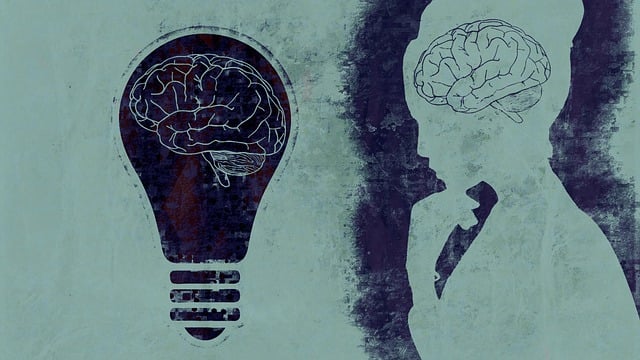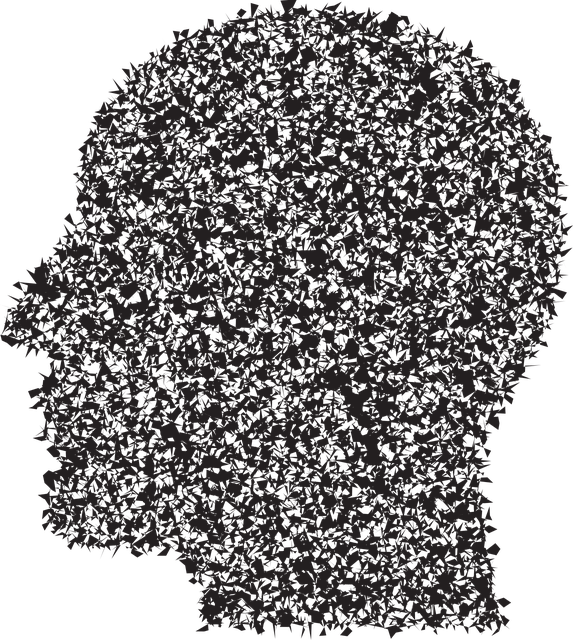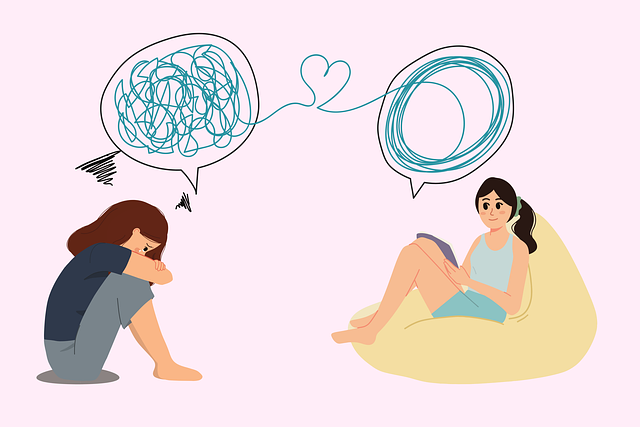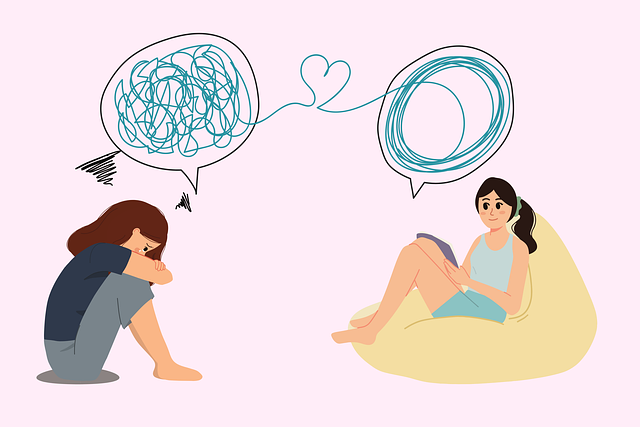Mental health apps, particularly those focused on Littleton Obsessive Compulsive Disorder (OCD) Therapy, offer innovative support for individuals struggling with OCD. These apps integrate evidence-based practices like Cognitive Behavioral Therapy (CBT), mindfulness meditation, and journaling to disrupt the OCD cycle, enhance traditional therapy methods, and promote mental wellness. By providing personalized tools, real-time tracking, and accessible guidance, they empower users to manage symptoms and improve their daily lives. However, app development must prioritize privacy, ethical standards, and user well-being to ensure effective and safe digital mental health solutions.
In today’s digital age, mental wellness app development is a growing field, offering innovative solutions to address prevalent issues like obsessive-compulsive disorder (OCD). This article explores the potential of digital tools in therapy, focusing on OCD with specific reference to Littleton Obsessive Compulsive Disorder Therapy. We delve into developing effective mobile applications tailored for OCD treatment while ensuring privacy and ethical considerations are paramount. By harnessing technology responsibly, these apps aim to enhance access to care and improve lives.
- Understanding Mental Health Challenges: OCD in Focus
- The Role of Digital Tools in Therapy
- Developing Effective Mobile Applications for OCD Treatment
- Ensuring Privacy and Ethical Considerations
Understanding Mental Health Challenges: OCD in Focus

Mental health challenges, such as Obsessive-Compulsive Disorder (OCD), are increasingly recognized for their impact on daily life. OCD, in particular, involves recurring and intrusive thoughts (obsessions) that drive individuals to perform repetitive behaviors (compulsions). This cycle can significantly disrupt routines and relationships, making specialized therapy crucial. The app development space offers a promising avenue for providing accessible Littleton Obsessive Compulsive Disorder Therapy and promoting inner strength development.
Through innovative digital tools, apps can equip users with effective conflict resolution techniques and mindfulness meditation practices. By normalizing these coping strategies, individuals struggling with OCD can gain more control over their symptoms. Thus, app-based interventions have the potential to enhance traditional therapy methods, fostering a sense of calm and improving overall mental wellness.
The Role of Digital Tools in Therapy

In today’s digital era, the role of technology in mental health support has become increasingly significant, offering innovative solutions for conditions like Obsessive Compulsive Disorder (OCD). Apps designed for OCD therapy provide a convenient and accessible way for individuals to receive guidance and engage in therapeutic exercises. These applications often incorporate evidence-based practices such as Cognitive Behavioral Therapy (CBT) techniques, specifically tailored to address the unique challenges of OCD. By offering personalized therapy at one’s fingertips, users can access mindfulness meditation, mental wellness journaling exercises, and stress management tools to support their recovery journey.
Digital tools have revolutionized the way therapy is delivered, ensuring that individuals in remote areas or those with limited mobility can receive the assistance they need. The convenience of mobile apps allows for regular practice and monitoring of progress, fostering a sense of empowerment and engagement in one’s mental wellness. With features like tracking symptoms, setting personalized goals, and receiving timely reminders, these applications play a pivotal role in supplementing traditional therapy and enhancing overall well-being.
Developing Effective Mobile Applications for OCD Treatment

Developing mobile applications for OCD treatment has emerged as a promising approach to reaching individuals who may be reluctant to seek traditional therapy. Apps designed for this purpose often incorporate evidence-based practices such as Cognitive Behavioral Therapy (CBT) techniques, exposure and response prevention (ERP), and mindfulness exercises tailored to the specific needs of those struggling with Obsessive Compulsive Disorder (OCD). By leveraging the accessibility and convenience of smartphones, these digital tools offer a discreet and flexible way for users to manage their symptoms.
One such innovation is the integration of real-time tracking features that allow individuals to monitor their obsessive thoughts and compulsive behaviors, providing valuable data for both users and healthcare providers. Moreover, incorporating interactive elements like gamification can enhance engagement and adherence to treatment protocols. However, ensuring cultural competency in app design is crucial to address potential biases and create inclusive experiences for diverse user populations, including those from various ethnic backgrounds or with differing cultural beliefs. Effective conflict resolution techniques within the app’s framework can also foster a safe and supportive environment, encouraging users to persist in their treatment journeys.
Ensuring Privacy and Ethical Considerations

In the realm of mental wellness app development, ensuring privacy and ethical considerations is paramount. Users, particularly those seeking therapy for conditions like Littleton Obsessive Compulsive Disorder (OCD), must feel secure sharing sensitive information. Apps must adhere to stringent data protection regulations, such as GDPR and HIPAA, to safeguard user privacy. This includes implementing robust encryption protocols, obtaining informed consent, and providing transparent data usage policies.
Ethical practices extend beyond privacy. Developers must prioritize the emotional regulation of users by designing apps that promote positive mental health without exacerbating existing conditions. Risk Management Planning for Mental Health Professionals is crucial to ensure effective yet safe interventions. Additionally, integrating Burnout Prevention Strategies for Healthcare Providers can foster a sustainable and healthy environment for both users and therapists. These considerations collectively contribute to creating a supportive digital landscape for mental wellness, focusing on user well-being and evidence-based practices.
The development of mental wellness apps, particularly those focused on treating conditions like Littleton Obsessive Compulsive Disorder (OCD), represents a significant step forward in accessible therapy. By leveraging digital tools and mobile applications, we can provide personalized and effective interventions that cater to the growing demand for convenient, discreet support. However, as we navigate this evolving landscape, it’s imperative to prioritize user privacy and ethical considerations, ensuring these apps enhance rather than detract from traditional therapy methods.








